|
Prime Minister Pham Minh Chinh expressed his joy and pride at seeing the growing number of Vietnamese experts and intellectuals in France. (Photo: Nguyen Hong) |
On the occasion of attending the 3rd United Nations Ocean Conference (UNOC 3) and paying an official visit to the Republic of France, on the evening of June 10th, local time, at the Vietnamese Cultural Center in France, Prime Minister Pham Minh Chinh met with Vietnamese experts and intellectuals in France.
At the meeting, overseas Vietnamese intellectuals offered many heartfelt opinions and practical suggestions for Vietnam to maximize its potential and advantages, and to anticipate development in key areas that have the potential to bring about breakthrough development for the country, such as artificial intelligence, semiconductors, nuclear energy, and high-speed rail.
Mr. Bui Nguyen Hoang, representative of the Network of Vietnamese Experts in Nuclear Field in France (VietNuc), highly appreciated the correct strategy of the Party and State of Vietnam in developing nuclear power, which helps ensure energy security and creates momentum for Vietnam to become a high-tech industrial and technological nation.
In nuclear energy development, nuclear safety is paramount, with three pillars: technology, organization, and human resources. The VietNuc network, with many experts in this field working at research institutes and energy corporations in France and several other European countries, aims to collaborate with domestic agencies to develop Vietnam's nuclear energy sector.
According to Professor Tran Quoc Tuan, Director of Research at the French National Institute of Nuclear Science and Technology (INSTN), given France's strength as one of the world's leading countries in the field of nuclear energy and the long-standing tradition of cooperation between Vietnam and France, this is the opportune time to expand cooperation in specialized training in nuclear energy and technology.
Professor Tran Quoc Tuan proposed four specific areas of cooperation: developing joint undergraduate and postgraduate training programs between Vietnam and France; strengthening the exchange of experts, students, and researchers; establishing a regional Franco-Vietnamese training center on nuclear energy; and cooperating with French companies to organize internships, applied research, and technology development, especially in the fields of nuclear safety, radiation protection, nuclear engineering, and radioactive waste management.
Professor Nguyen Van Tam, Head of the Department of Computer Science and Networks at Télécom Paris, suggested several ways Vietnam could catch up with and lead the global artificial intelligence (AI) wave in the next 10-20 years. He argued that, firstly, it is necessary to develop human resources and train world-class AI talents. Secondly, it is crucial to develop AI infrastructure, establishing three international-level AI clusters in Hanoi, Da Nang, and Ho Chi Minh City, each forming a comprehensive ecosystem. Simultaneously, focus should be placed on key areas such as AI for integrated circuit design, AI for healthcare, and AI for cognitive science.
Professor Tâm believes that proper development orientation and early investment now will help shape Vietnam's technological and social future for decades to come, creating opportunities for us not only to catch up but also to lead global trends.
Mr. Luong Quang Giap, a microchip design engineer, shared some ideas on developing the microchip industry in Vietnam. According to him, Vietnam currently lacks and should focus on building a medium- and small-scale semiconductor chip manufacturing plant suitable for the Vietnamese market. Establishing such a plant requires five key elements: training a team of experts, including attracting overseas Vietnamese to participate and contribute; building technological infrastructure, focusing on production lines suitable for the Vietnamese market; ensuring energy supply for the plant; strengthening cooperation with France to facilitate technology transfer to Vietnam; and developing preferential policies to promote training institutions, research institutes, and foster a culture of entrepreneurship.
As experts in the railway sector, Mr. Tran Ngoc Thanh and Ms. Nguyen Thanh Huyen highly appreciate the Government's decision to develop high-speed rail in Vietnam and highlight three issues that require special attention: analyzing and selecting technology, which is the top priority and crucial to the project's success; building a synchronized system of technology and standards – the most important factor in the railway industry; and developing a high-quality workforce – a team of Vietnamese experts in this field ready to contribute ideas, experience, share technical capabilities, and connect with French partners.
|
The team of Vietnamese experts and intellectuals in France offered many insightful opinions and practical suggestions to help Vietnam maximize its potential and advantages, and anticipate development in key areas. (Photo: Nguyen Hong) |
Speaking at the meeting, Minister of Science and Technology Nguyen Manh Hung shared that, in order to realize the goal of mastering technology set by the Party and Government, the contribution of highly qualified experts is needed, including Vietnamese experts in France.
The Ministry of Science and Technology has proposed a list of 11 strategic technologies, with four areas – AI, semiconductors, nuclear energy, and high-speed rail – being top priorities. Minister Nguyen Manh Hung also outlined several models for overseas Vietnamese experts to contribute to the country: returning to work in Vietnam, especially on large projects, becoming leaders and leading experts; collaborating remotely to implement research projects commissioned by the State; and advising the Government on strategies, policies, laws, and the list of strategic technology sectors.
In a warm and open atmosphere, Prime Minister Pham Minh Chinh expressed his joy and pride at seeing the growing number of Vietnamese experts and intellectuals in France, many of whom possess high professional qualifications and great potential to contribute to the country in areas that Vietnam prioritizes for development and which urgently need international knowledge, experience, and groundbreaking ideas to create qualitative advancements.
Providing information on some major aspects of the development of science, technology, and innovation in the country, the Prime Minister emphasized that the urgent requirement for Vietnam today is to shift from purchasing technology to technological self-reliance, in line with the policy of independence and self-sufficiency and expanding international integration.
To achieve this goal, the Prime Minister emphasized three key issues.
Firstly , institutional reform is the biggest bottleneck for Vietnam's development today. However, as General Secretary To Lam stated, this is also Vietnam's competitive advantage, as we are completely proactive in improving our institutions by learning from international experience, implementing reforms continuously, without striving for perfection or rushing.
The second factor is infrastructure, a prerequisite for all sectors. The Prime Minister requested experts to contribute ideas to build appropriate and optimal infrastructure, addressing both the immediate and long-term challenges for Vietnam's development.
Thirdly , human resource development is crucial. The 50,000 highly qualified Vietnamese intellectuals and experts in France, and around the world, will be a valuable resource for Vietnam to develop its priority sectors.
Highly appreciating the insightful and heartfelt statements of experts, intellectuals, and overseas Vietnamese, the Prime Minister requested that experts and intellectuals strengthen coordination with Vietnamese ministries and agencies in sharing information and research orientation, thereby making policy recommendations that are practical and feasible; propose specific cooperation projects in science and technology, such as a project to train 100 AI experts; and support, connect, and introduce Vietnamese scientists and researchers to study, research, and absorb advanced experience and knowledge from France.
The Prime Minister also requested relevant ministries and agencies to strengthen cooperation, support, and connection between Vietnamese experts and intellectuals abroad and those in Vietnam; to receive, listen to, respond to, and apply in practice the contributions and suggestions; and to commission and implement specific projects to best utilize the potential, knowledge, experience, and dedication of Vietnamese experts and intellectuals abroad to serve national development.
Source: https://baoquocte.vn/de-viet-nam-chuyen-tu-trang-thai-mua-sang-tu-chu-cong-nghe-317291.html


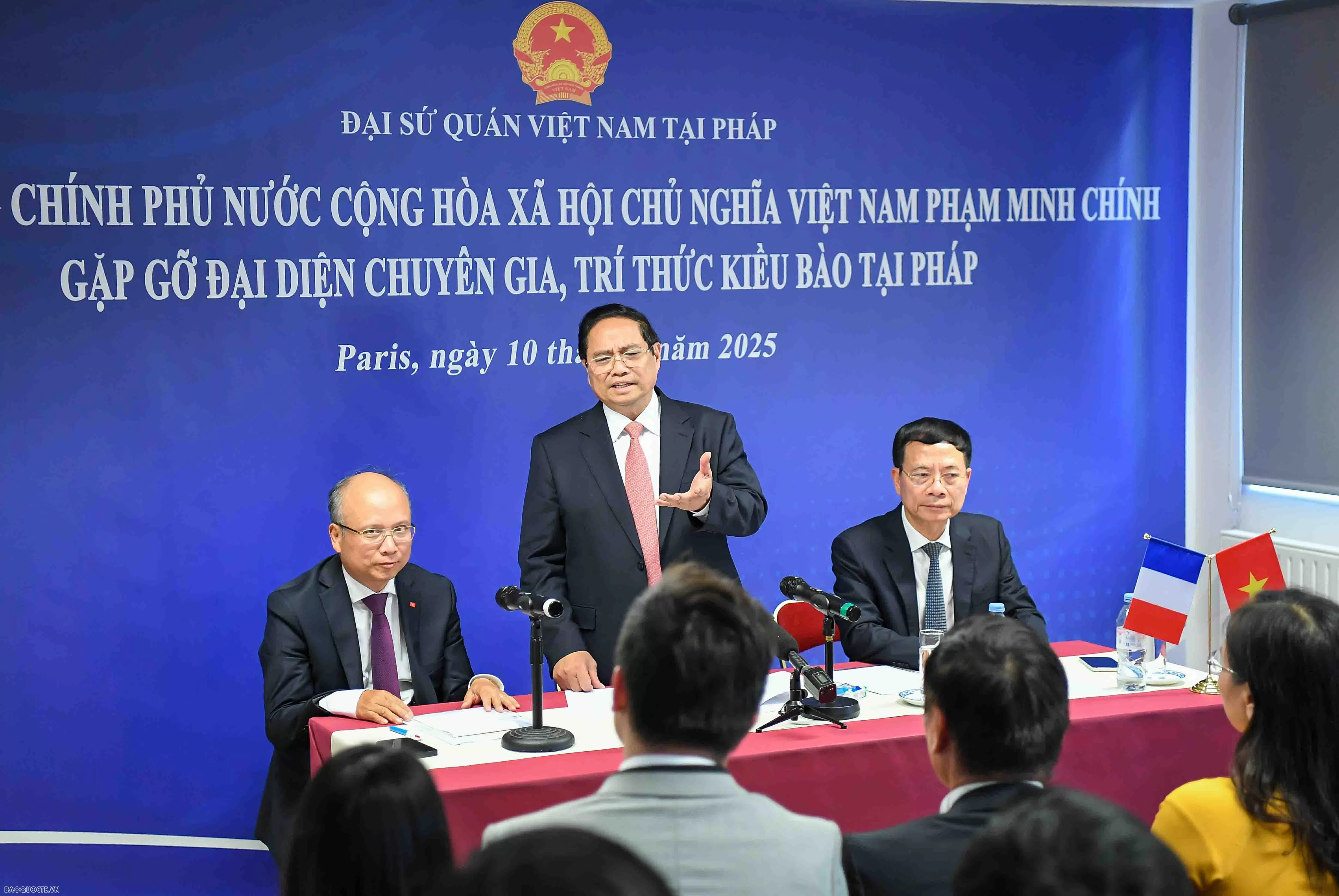
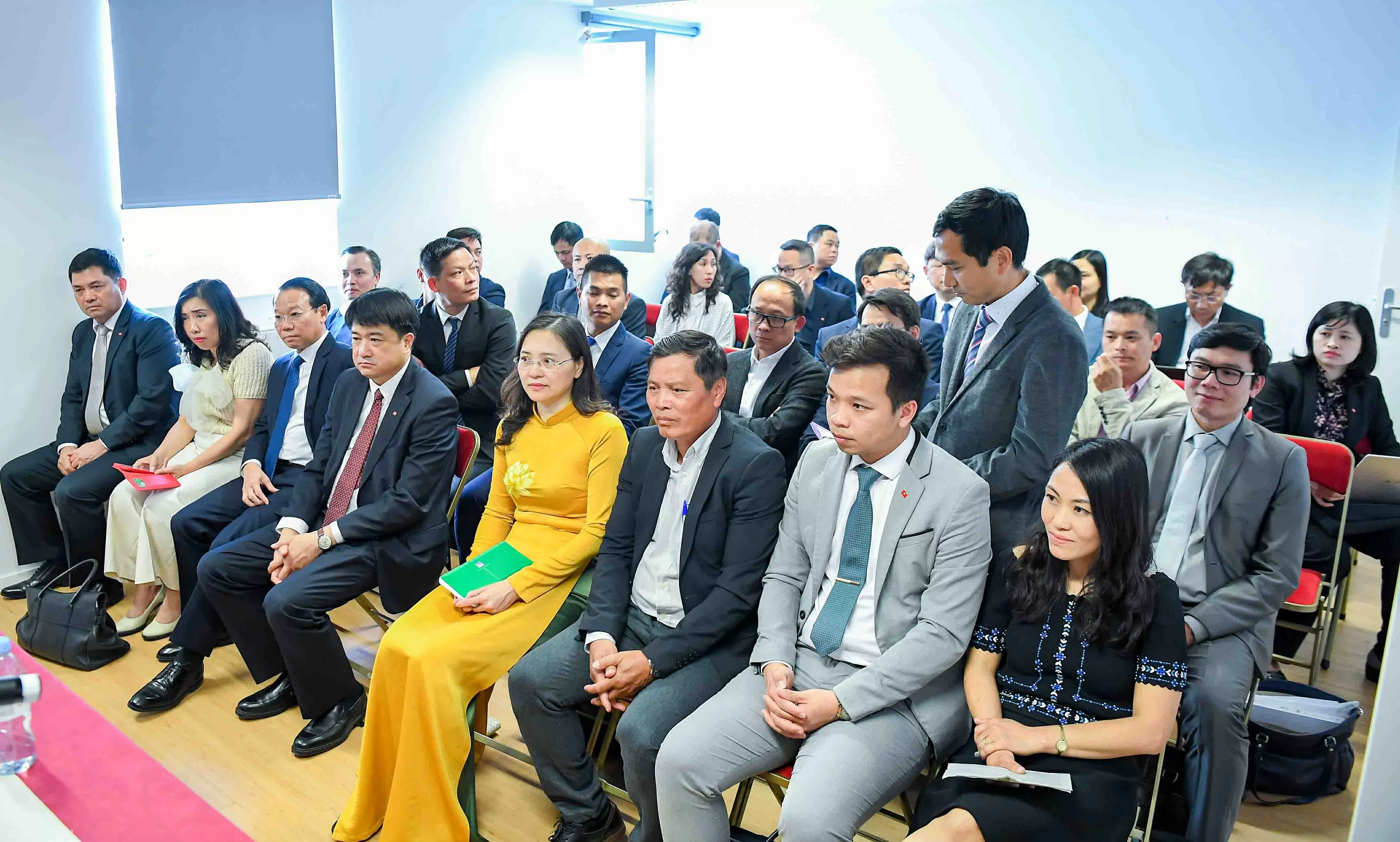






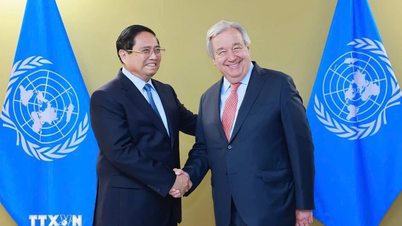



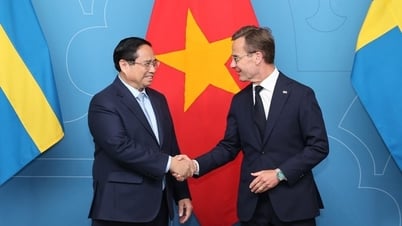




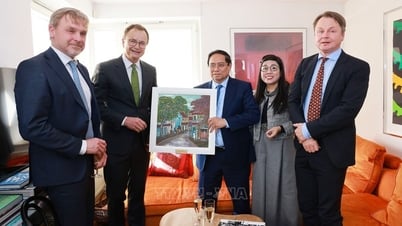

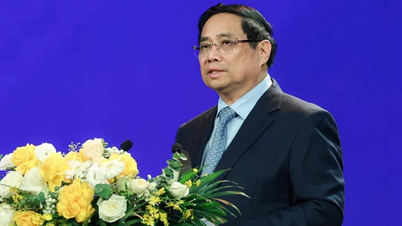



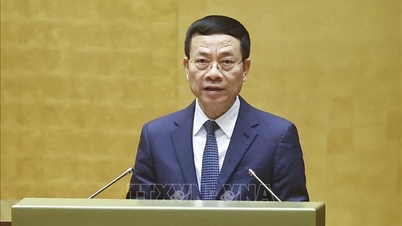

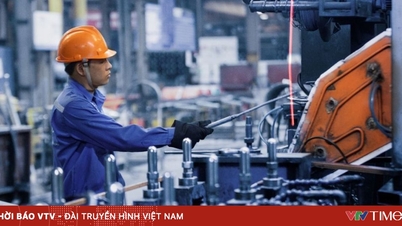









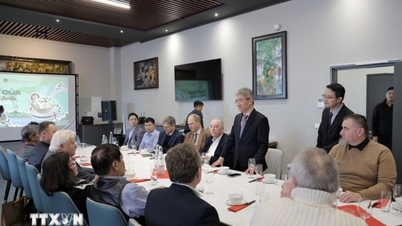
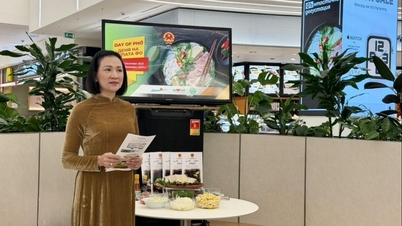
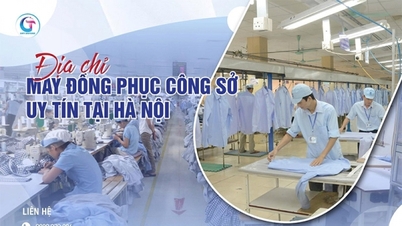
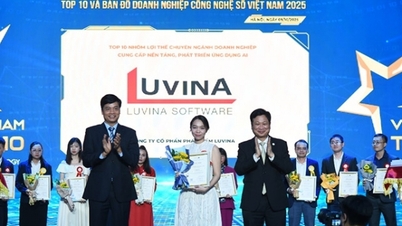
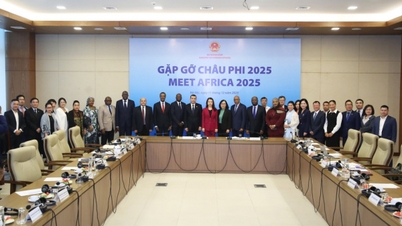



































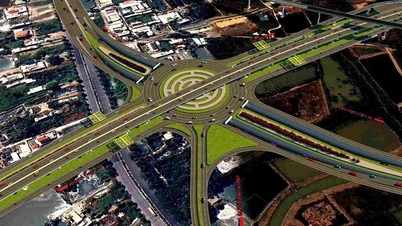
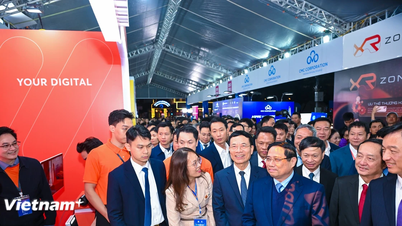
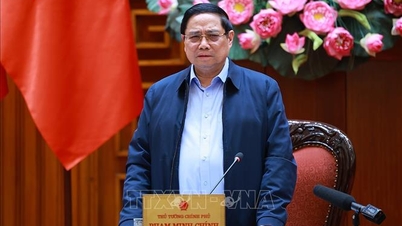
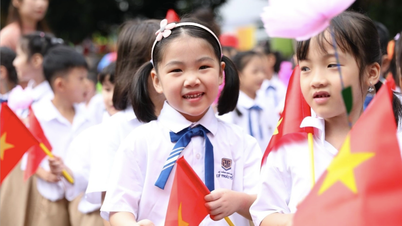


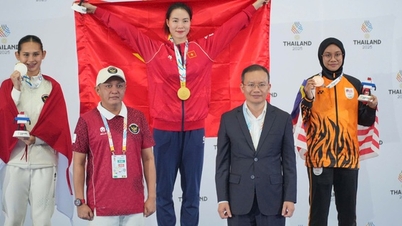

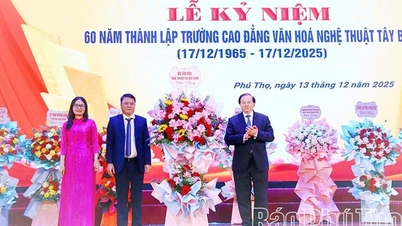
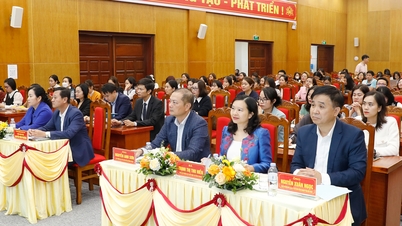

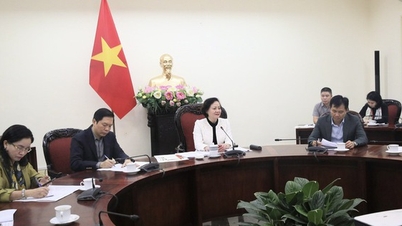
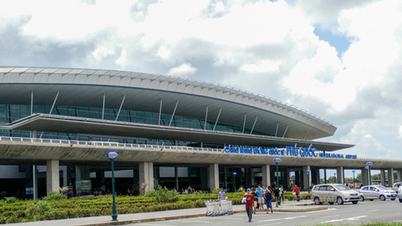
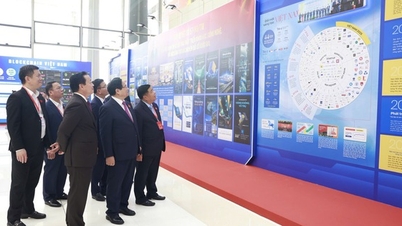


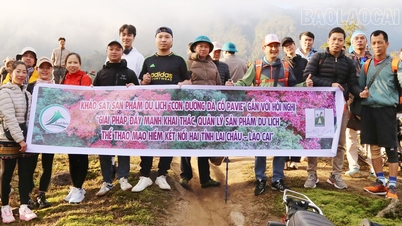

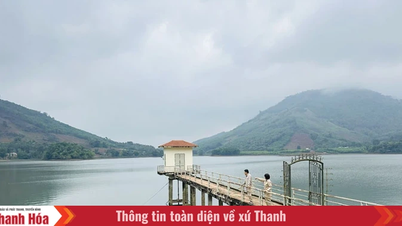
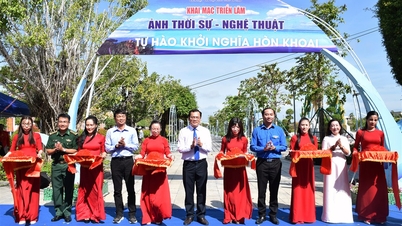
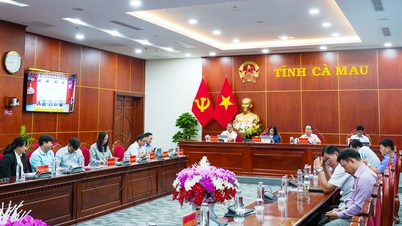
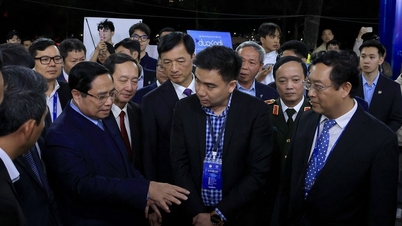















Comment (0)